GLASFRYN ORPHEUS/EURYDICE DAY
The Glasfryn Orpheus/Eurydice day took place on Saturday March 23rd. In spite of the dicey weather the event was very well attended, with a piquant mixture of poets, writers, visual artists, academics and practitioners in many fields, including psychoanalysts and psychotherapists.
In the morning, David Cook presented his translation of Rilke’s Sonnets to Orpheus (Redcliffe Press), followed by a discussion around the work.
After lunch Angie Voela (senior lecturer at University of East London, writer on issues of gender and identity, film, literature and culture, including psychoanalysis) talked about the artist Bracha Ettinger, in particular her work related to the figure of Eurydice.
Leon Burnett (reader at University of Essex, writer, translator) discussed his interest in the myth of Orpheus and Eurydice, and made some suggestions for revisions of the popular version. (To read Leon’s text, click here: Orphic Reflectionss
Allen Fisher (poet, artist, theorist, critic) gave a visual presentation around the subject of Early Visual Features to Orpheus and Eurydice.
Scott Thurston (poet, critic, exponent of Five Rhythms dance, lecturer at University of Salford) and Steve Boyland (improvised voice artist) combined for a poetry and movement session of great intensity.
Penny Hallas (artist and art therapist) showed a film relating to her Orpheus Project which included a collaboration with many of the poets present, and displayed related drawings.
Anthony Mellors (poet, critical theorist, reader in Poetry and Poetics at Birmingham City University) wore a bee tie, and talked about his installation: Aristaeus and Orpheus Go Shopping, which graced a shelf in an alcove:
Chris Paul (poet, collaborative artist) – performed a text improvised around some of the events of the day as they occurred. (To read Chris’ text, click here: Responses to Rilke. To hear it, click: Responses to Rilke – Recording.
Lyndon Davies (poet, critic) talked about an analogy between the triad of Orpheus / Eurydice / Narrator-Interpreter with the tritone substitution in Jazz. To hear this, click: Orpheus/Eurydice and the Tritone Sub.
Steven Hitchins (poet, critic) brought paper napkins covered in texts relating to Apollinaire and Orphism, not to mention a magnificent Orphic orange cake, which was torn apart and devoured in the lunch break.
The third session saw a series of short readings of their own and others’ work by many of the people present, followed by the introduction into the house, with saxophone, drum and voice cacophony, of the head of Orpheus, fashioned from hazel twigs. This head was then carried in procession to the River Usk, to the accompaniment of Steve Boyland’s shamanic drum, and thrown in. It made it over the weir and was last seen on its way to Newport.
Also present:
Melanie Hart (Psychotherapist)
Michael Parsons (Psychoanalyst)
Ric Hool (Poet)
Phil Maillard (Poet). To read Phil’s poem click here: ORPHEUS AND EURYDICE
Adam Elgar (Poet, translator) (To read Adam’s translation of a Gaspara Stampa sonnet, click here: gaspara stampa 239
Alison Elgar (Psychotherapist)
Graham Hartill (Poet) (To read Graham’s Orpheus Out-takes, click here: Orpheus score outtakes)
Tim Rossiter (Painter)
Steve Groves (Freelance radio producer)
Jane Burnett (Social Worker)
ALL RECORDINGS OF THE EVENT COURTESY OF STEVE GROVES: steve.groves@hotmail.co.uk
Watch this page for coming additions in the form of texts, links, photographs and recordings both visual and auditory.
COMMENTS
3 Comments
Events
- Glasfryn Seminars
- ALLEN FISHER on Zoom: Construction and the Frame
- Glasfryn Seminar: Remixology, with Steven Hitchins and Rhys Trimble.
- NIA DAVIES and TAMARA DELLUTRI: Forcing Change: Disruption, Transformation and the Poetic
- PETER LARKIN and ALLEN FISHER: Radical Landscape / Romantic Consciousness
- TWO ANGLES ON MODERNISM with Allen Fisher and Anthony Mellors
- CHINESE POETRY AND TRANSLATION – with Professor Wu Fu-Sheng
- GLASFRYN ORPHEUS/EURYDICE DAY
- GLASFRYN SEMINAR WITH ALLEN FISHER
- GLASFRYN MEETS BORDER/LINES
- THE GLASFRYN SEMINARS
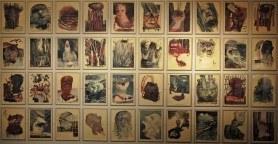
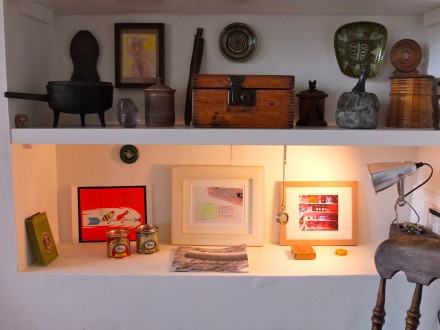
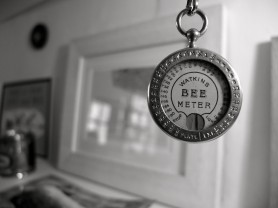
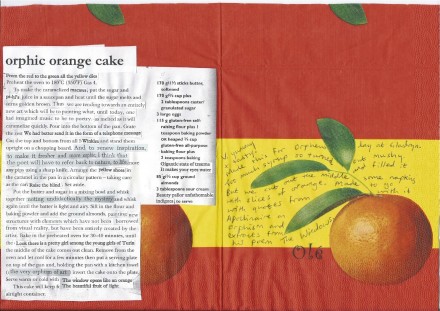
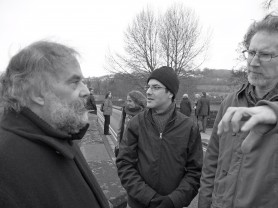
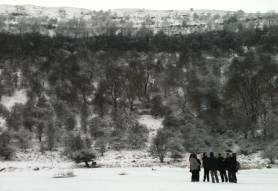
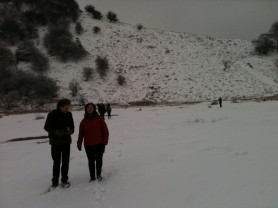
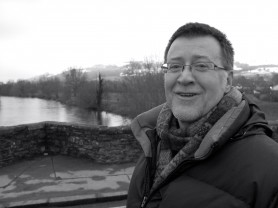
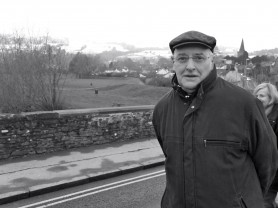

Eurydice / Orpheus event » Penny Hallas: Painting, Drawing & Printmaking April 8th, 2013
[…] http://glasfrynproject.org.uk/w/2586/glasfryn-orpheuseurydice-day/ […]
Thursday 2 May: Orpheus returns | Essex Myth April 29th, 2013
[…] http://glasfrynproject.org.uk/w/2586/glasfryn-orpheuseurydice-day/ Like this:Like Loading… This entry was posted in Uncategorized. Bookmark the permalink. ← Thursday 14 March: Myths of the Political Origins of the USA […]
Christopher Maurer February 4th, 2017
What marvelously clear translations, the David Cook / Rilke Sonnets to Orpheus!
Other translations are often so needlessly puzzling, stretched this way or that by the imagined need to rhyme, etc; very grateful for these.